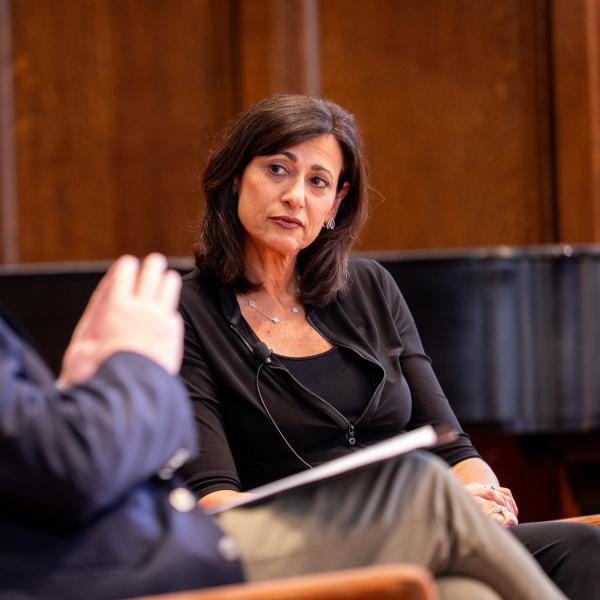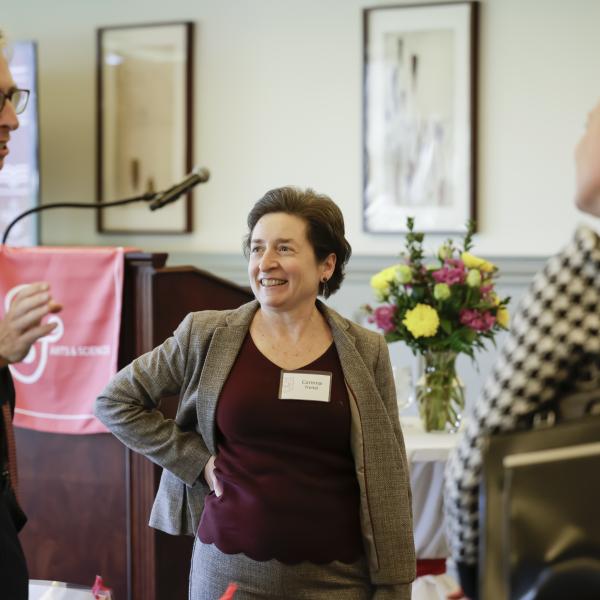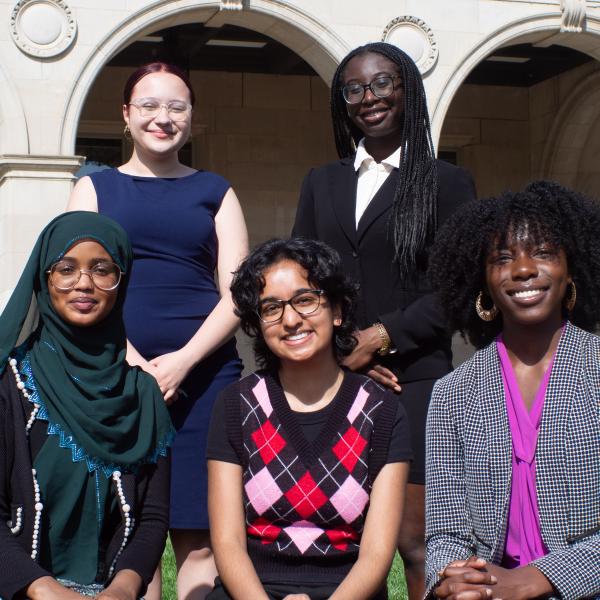Imagine the Danforth Campus in the hot summer months following Commencement. If the scene you picture is quiet and empty – think again. Earlier this week, class registration opened for Summer School 2017. Before the end of the registration period, hundreds of students will make plans to spend parts of their summers at Washington University.
“The exciting thing about summer is how different it is from the academic year, and the way that it serves such a very diverse group of students,” says assistant dean Beth Landers, who took the helm of the Summer School this January. This diverse group includes undergraduates, adult learners, international students, and high-school students. Each group has different learning goals and needs, she says.
“Undergraduates are often working toward making faster progress toward their degree, preparing for medical school, or jumpstarting a new major,” Landers explains. In contrast, international students are often testing out an American college experience before transferring to a university in the US or starting a graduate program here. These students come from around the globe, often from partner institutions like Fudan University in China.
High-school students make up another large, and growing, portion of the Summer School’s student body. For these gifted students, the Summer School offers a range of institutes focusing on specific academic interests, including forensic medicine, communications, and global leadership. Landers hopes to add a humanities institute to that list in the coming years.
In addition to classroom experiences, the Summer School often provides extracurricular and cocurricular activities to meet diverse student needs – from being introduced to St. Louis, to learning how to write a college application, to learning how to cook and do laundry in a dorm. In many cases, the experiences add up to a strong attachment to Washington University. “In this year’s freshman class there are 70 students that participated in a high-school program with us in the past,” Landers notes.
In the years ahead, Landers plans to expand the reach and effectiveness of the Summer School even further. “We’re definitely hoping to continue to cultivate the high-school program, since there’s so much interest. We also want to work a lot more closely with teachers from the community,” she says. For example, a successful MS in Biology program for high-school teachers, spearheaded by Barbara Schaal, could serve as a model for teachers in other subject areas.
Though 2017 marks her first year as Summer School director, Landers says working here “feels like coming home.” She earned her doctorate in French from WashU, and her sister is also an alumna. She’s particularly excited to be working with University College and its diverse portfolio of students and initiatives.
“It encapsulates the university and the whole continuum of learners, from very young ages to an older age,” she says. “We serve students from age 15 up to age 80. It’s really a way for us to take WashU and the wonderful resources we have here out to the widest possible audience.”



